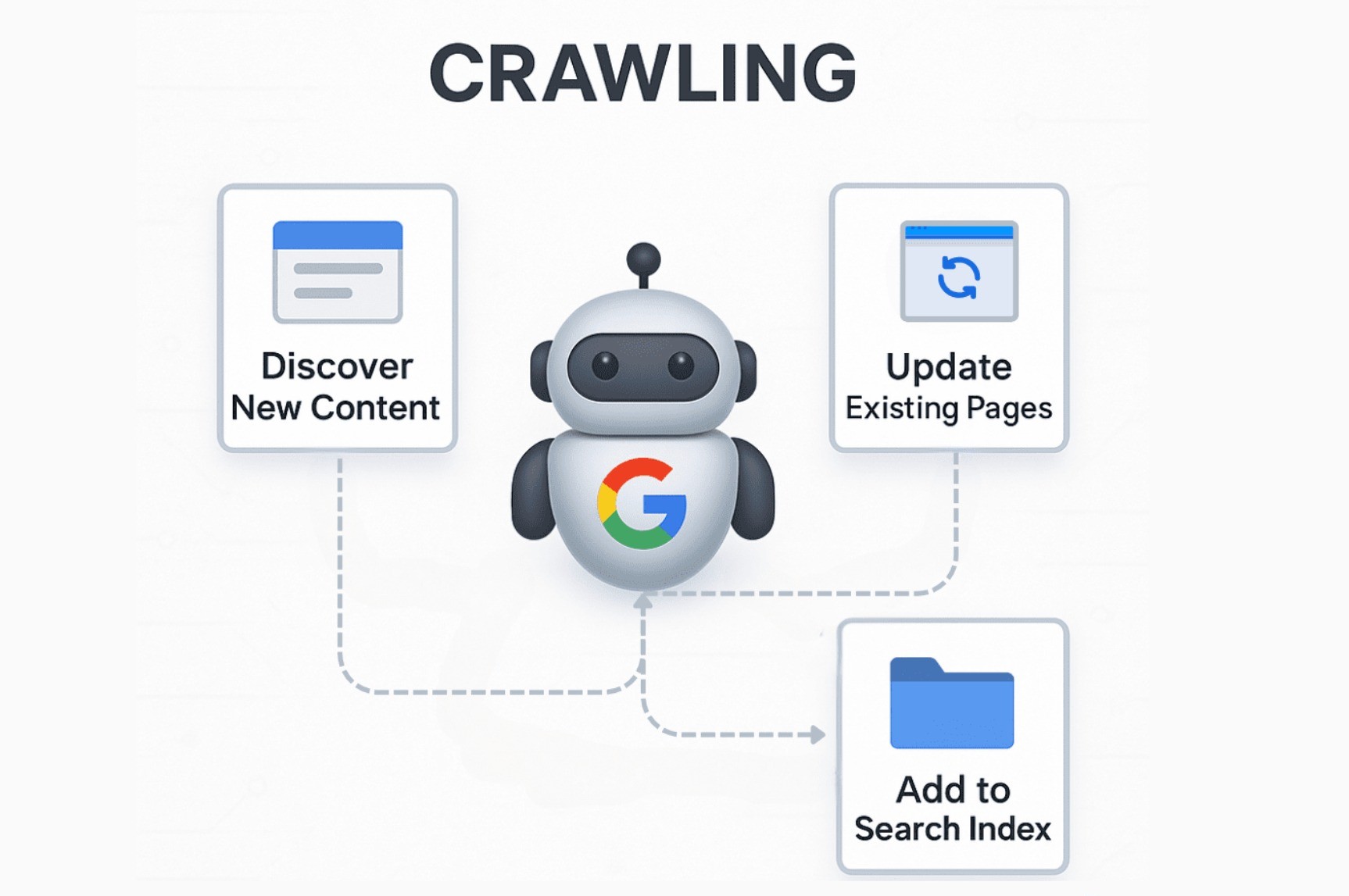
Search Engine Indexing is the process where search engines like Google, Bing, and Yahoo crawl web pages and store them in a vast digital library. Once indexed, these pages can appear in search engine results when relevant queries are entered.
Without proper indexing, even the most compelling content remains invisible. For marketers, it’s the bridge between content creation and content discovery. At Digiswarm, we emphasise the importance of effective indexing as a critical step in ensuring your digital content reaches the right audience at the right time.
Why Search Engine Indexing Matters for Marketers
If you’re investing time in content marketing, SEO, and digital advertising, search engine indexing is the mechanism that delivers ROI. Indexed content means visibility. It determines:
-
Whether your content shows up in Google search.
-
How high does it rank on the SERP?
-
How much organic traffic does your website receive?
Without indexing, your SEO strategy simply fails to deliver.

How Search Engines Index Content
The process of search engine indexing typically involves three stages:
1. Crawling: Bots (also called spiders) scour the web, discovering content through internal and external links.
2. Processing: Search engines analyse content, check keywords, meta tags, and other SEO factors.
3. Indexing: Once analysed, the content is stored in the index and becomes eligible to show up in search results.
To ensure your pages are indexed, it’s crucial to maintain a crawlable site structure, high-quality content, and updated sitemaps.
Best Practices for Improving Search Engine Indexing
Here are proven techniques marketers must follow to improve search engine indexing and overall SEO:
Use a Clean and Crawlable Site Architecture
-
Implement a logical URL structure (e.g.,
/blog/search-engine-indexing). -
Keep internal links clear and relevant.
-
Use breadcrumb navigation.
Submit a Sitemap to Google Search Console
A sitemap tells search engines which pages to index. Always submit your sitemap after publishing new content.
Optimise Meta Tags
Ensure every page has:
-
A unique meta title with your focus keyword.
-
A compelling meta description.
-
H1, H2, and H3 tags with related keywords.
Update Content Regularly
Fresh content signals relevance. Update old blog posts and refresh statistics to maintain indexing priority.
Use Robots.txt and Noindex Tags Wisely
Avoid accidentally blocking important pages. Use “noindex” only when necessary (e.g., admin pages or thin content).
Common Indexing Issues and How to Fix Them
1. Duplicate Content: Duplicate pages confuse search engines and may be excluded from the index. Use canonical tags to fix this.
2. Orphan Pages: Pages with no internal links are hard to find. Add relevant internal links from high-traffic pages.
3. Slow Page Speed: Google prioritises fast-loading pages. Use tools like Google PageSpeed Insights to identify issues.
4. Poor Mobile Optimisation: More than 60% of searches happen on mobile. A mobile-friendly design improves indexing and ranking.
Tools to Monitor and Enhance Indexing
Here are essential tools marketers should use to monitor and boost search engine indexing:
Google Search Console
-
Check which pages are indexed.
-
Discover crawl errors.
-
Submit sitemaps.
Screaming Frog SEO Spider
-
Audit your entire website for indexing issues.
-
Export reports to fix broken links, redirects, and meta tags.
Ahrefs and SEMrush
These offer insights on how competitors are indexed and provide opportunities for content gap filling.
Yoast SEO (for WordPress)
-
Automates meta tag creation.
-
Shows keyword density and readability score.
-
Integrates with XML sitemaps.
Conclusion: Mastering Search Engine Indexing with Digiswarm
In today’s SEO landscape, search engine indexing is not just a technical task—it’s a strategic necessity. For marketers, mastering it can make the difference between invisibility and top rankings. By implementing best practices, avoiding common pitfalls, and using the right tools, your content can reach its full potential in search results.
At Digiswarm, the best digital marketing agency in Dehradun, we empower digital marketers with the insights, strategies, and tools they need to succeed. Whether you’re optimising a blog, eCommerce platform, or lead-gen site, our expert resources ensure your content not only gets created but gets seen.
